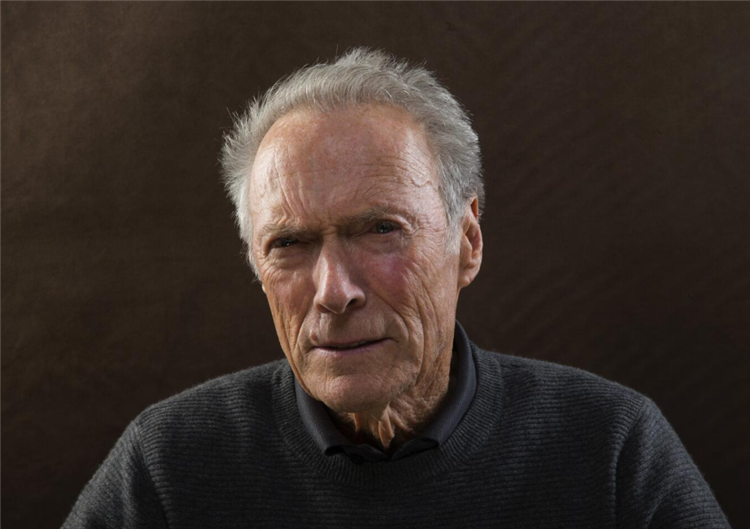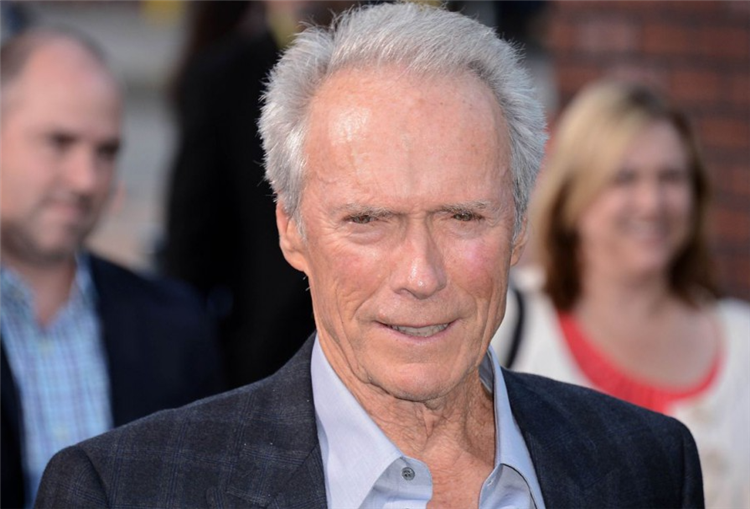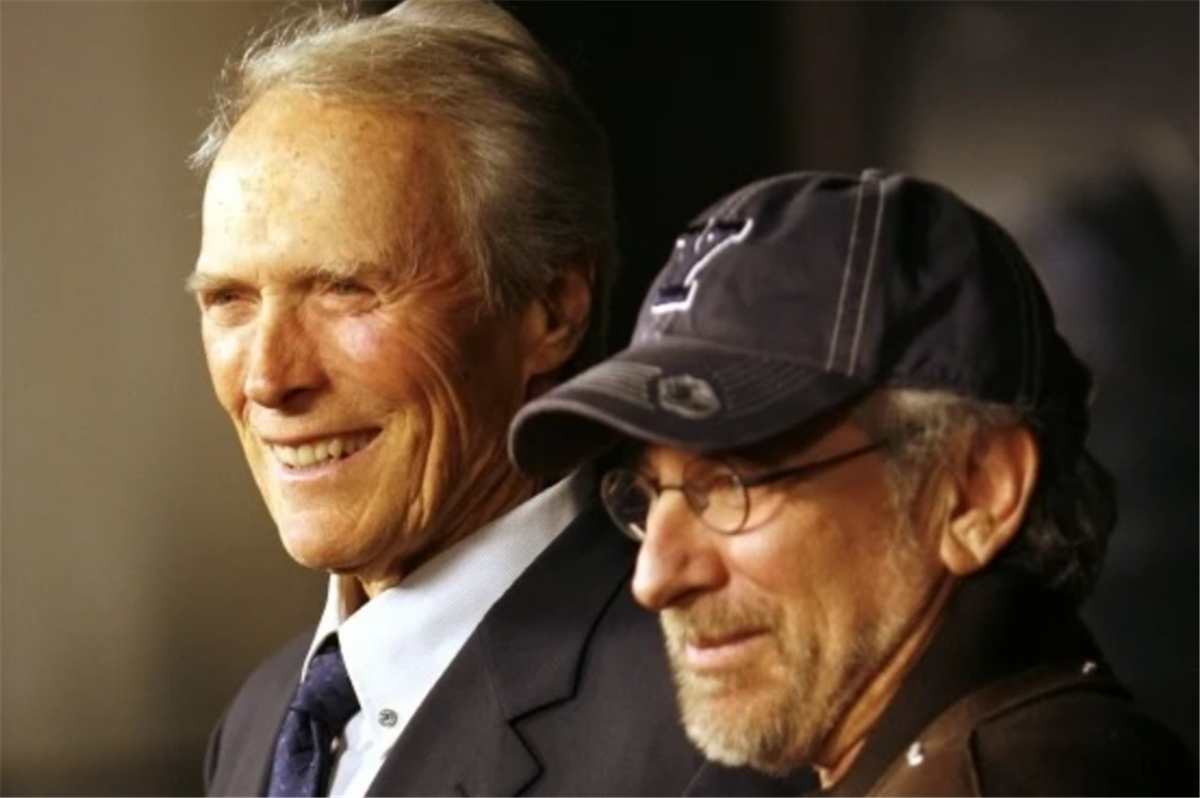It takes an iron will to commit to becoming one of the most iconic stars cinema has ever seen and then pulling it off, a trait that Clint Eastwood has regularly used to his advantage doing just that, although he’s been known to ruffle some feathers along the way.
Of course, it requires a certain ruthlessness to carve out a massively successful and inarguably legendary career both in front of and behind the camera that spans more than 70 years, and the cutthroat world of Hollywood is one that regularly brings palpable tensions to the surface. In Eastwood’s case, he ignited the fury of an era-defining filmmaker when he made a pair of back-to-back war movies that told the same story from opposite sides of the divide.

The four-time Academy Award winner has never been deemed a particularly ambitious or experimental filmmaker, but the sentiment applies to Flags of Our Fathers and Letters from Iwo Jima nonetheless. The former regaled the tale of the titular battle from the perspective of American soldiers, while the latter did much the same from a Japanese point of view.
Flags of Our Fathers shot first before Eastwood dived into production on Letters from Iwo Jima, but they were released exactly two months apart in October and December of 2006. Curiously, the Americanized story was four times more expensive than its companion piece and flopped at the box office, whereas the second half of the two-parter earned more money from cinemas and secured a trio of high-profile Academy Award nominations in the ‘Best Picture’, ‘Best Director’, and ‘Best Original Screenplay’ categories.
One person who wasn’t impressed was Spike Lee, though, who opened fire on Eastwood’s ode to World War II, instigating a biting response. Lee criticised his peer for making “two films about Iwo Jima that ran for more than four hours total and there was not one Negro actor on the screen,” with the rebuttal leaning into the demands for historical accuracy.

Eastwood’s prickly response was a simple “they didn’t do that,” before aiming his ire directly at Lee and suggesting “a guy like that should shut his face.” After being told to clamp it by a living legend, the Do the Right Thing writer and director – not entirely inaccurately, it should be noted – said Eastwood “sounds like an angry old man right there.” To be fair, he was an old man, and he was angry at being publicly called out for the way he made his films, but the overriding atmosphere was that of handbags at dawn.
In what definitely comes across as a playground argument being played out by some of the biggest names in Tinseltown, Lee decided the best way to settle his issues with Eastwood was to get Steven Spielberg to extend an olive branch on his behalf, with the third party agreeing to “call Clint and tell him in the morning.” Just like that, fences had been mended between the warring factions, with an unlikely assist from one of the best in the business.
